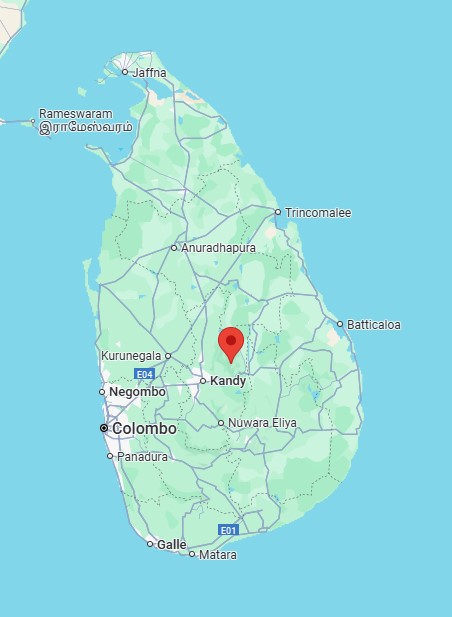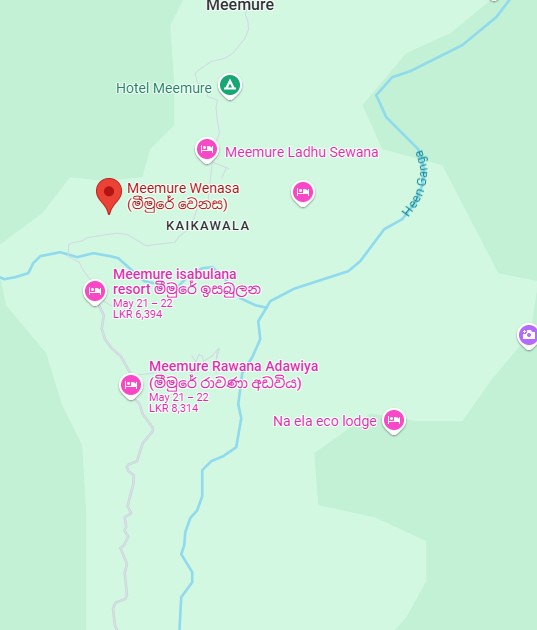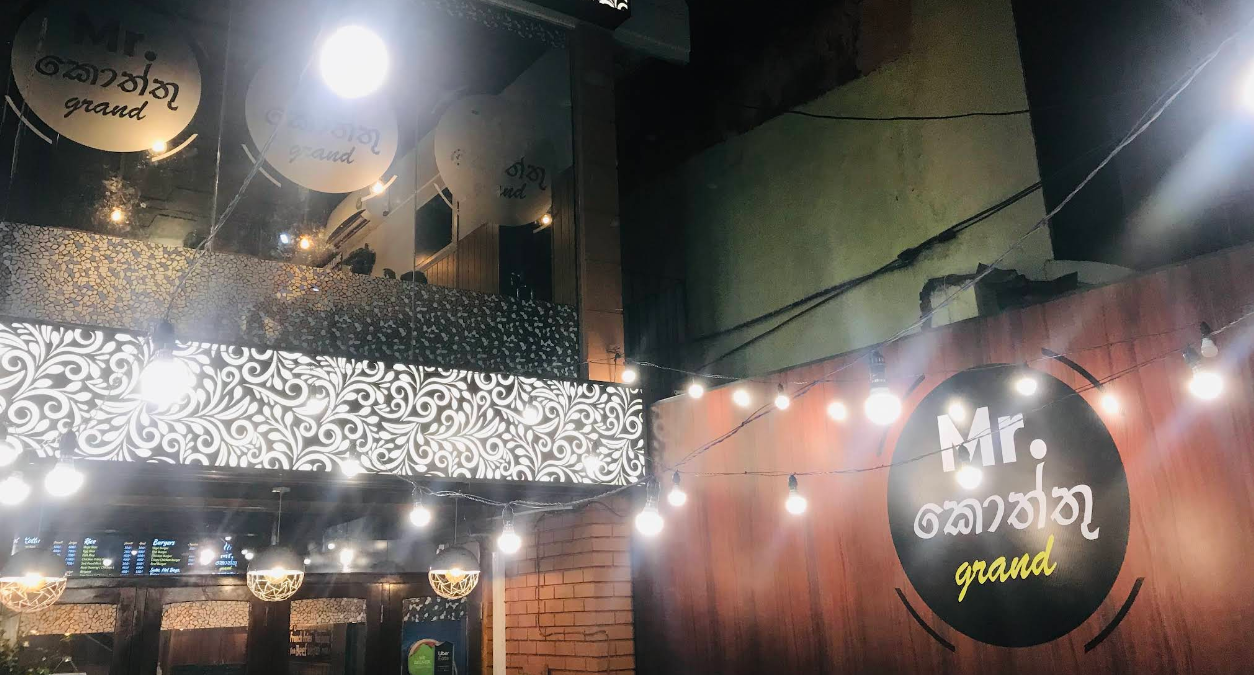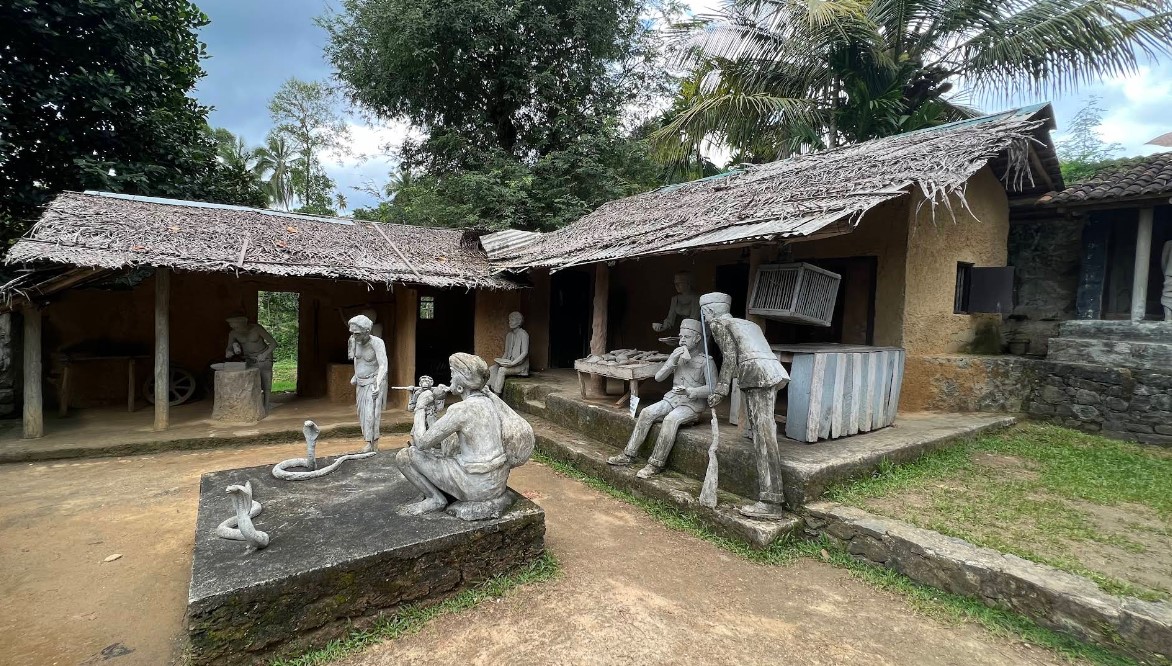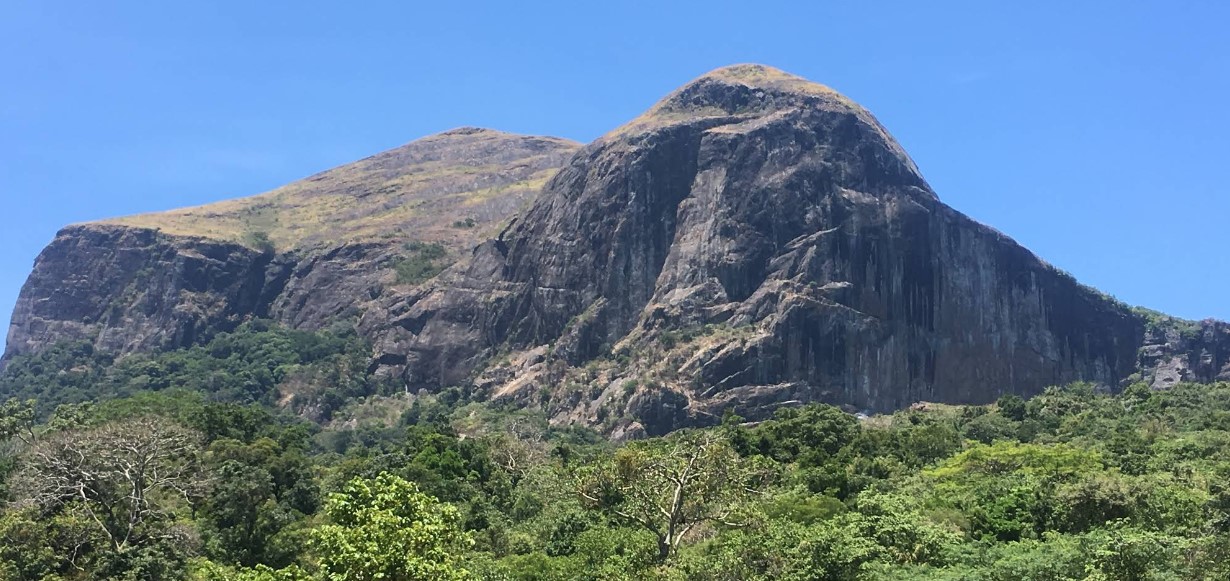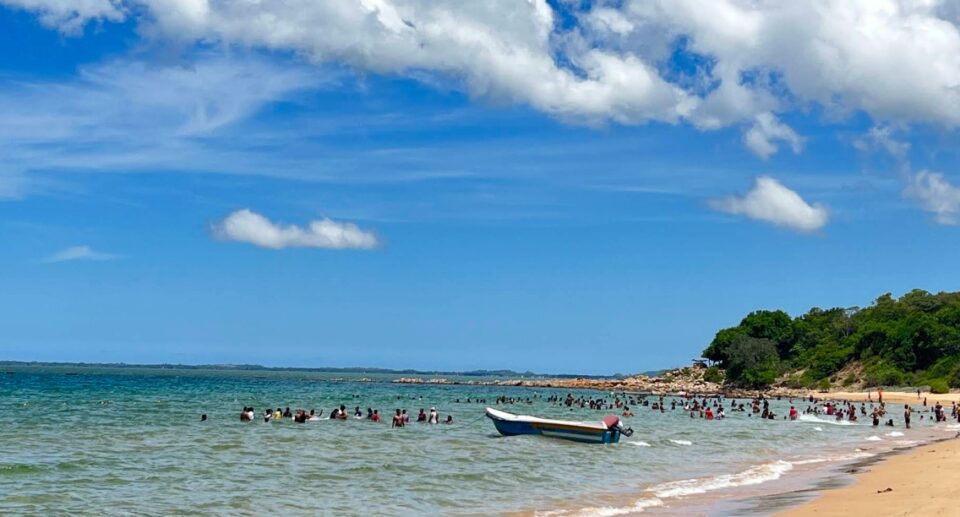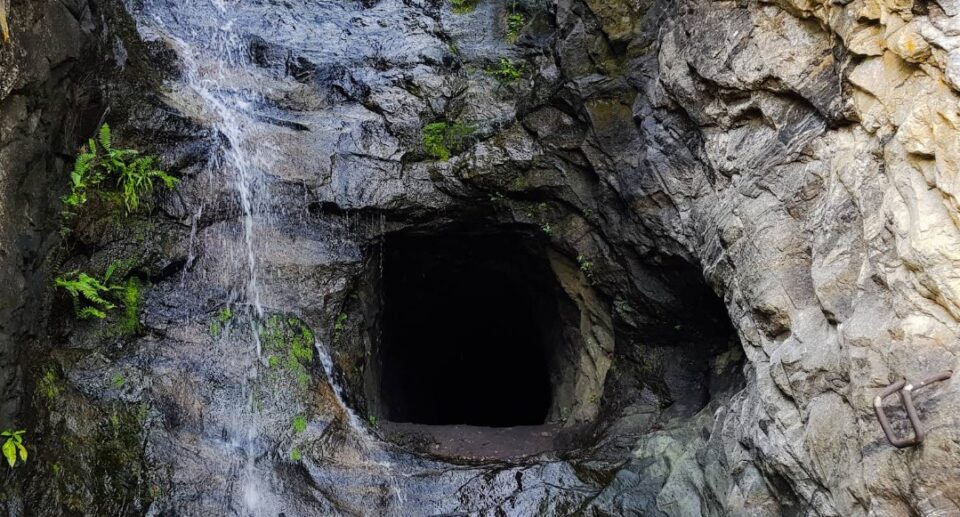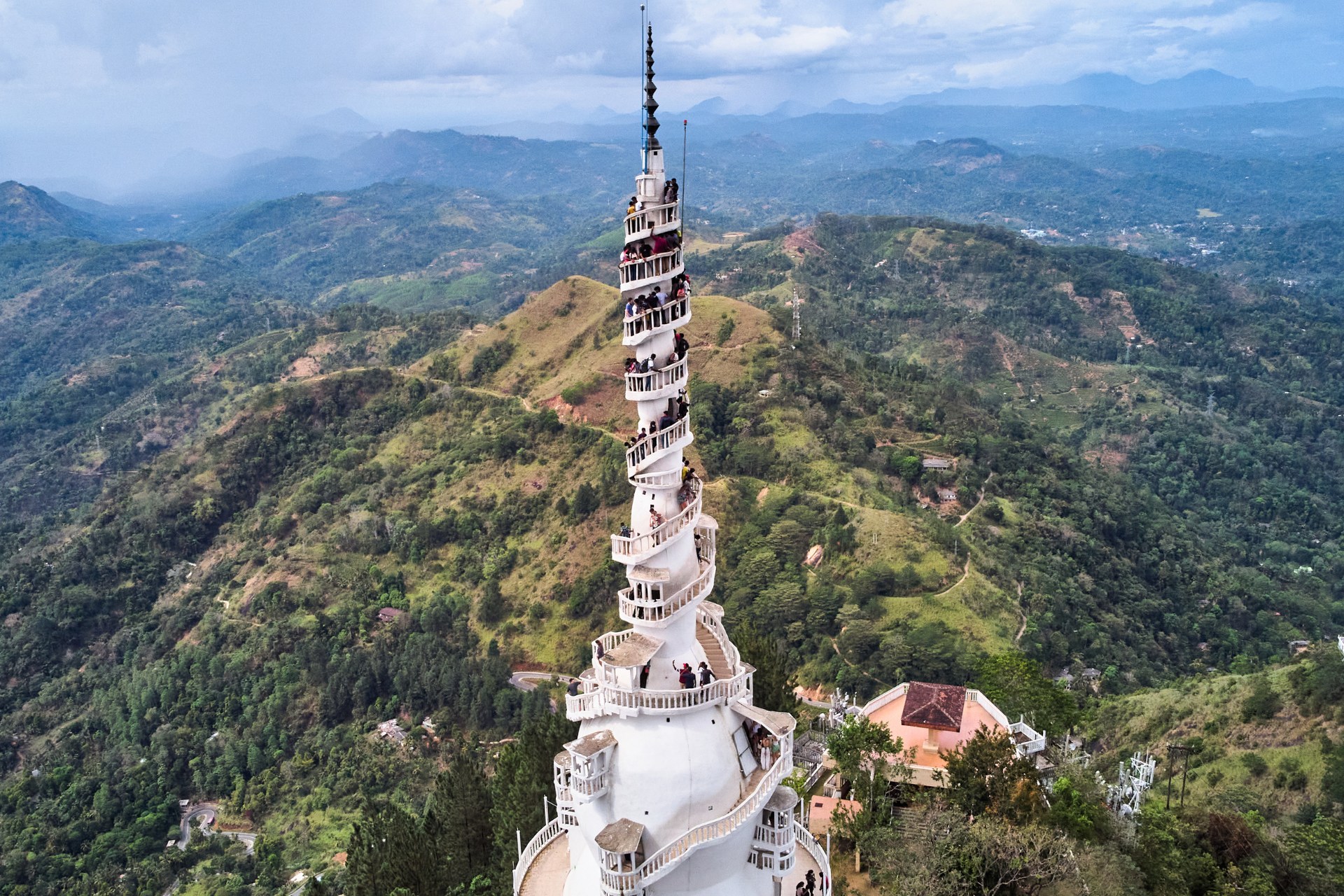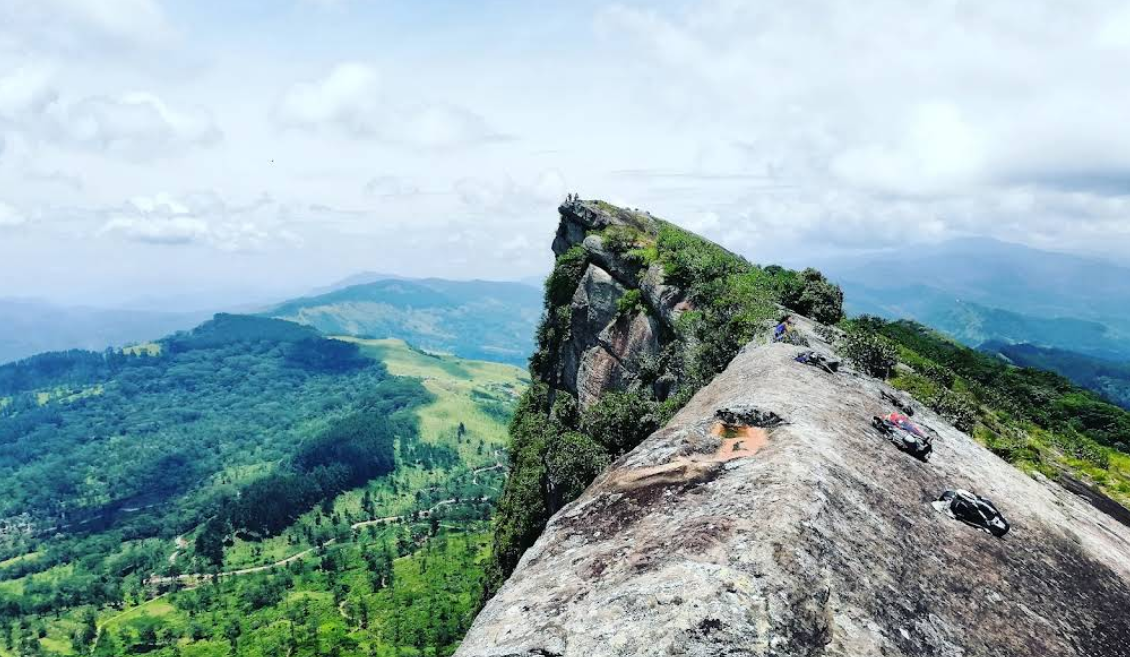Meemure: Sri Lanka’s Hidden Mountain Village
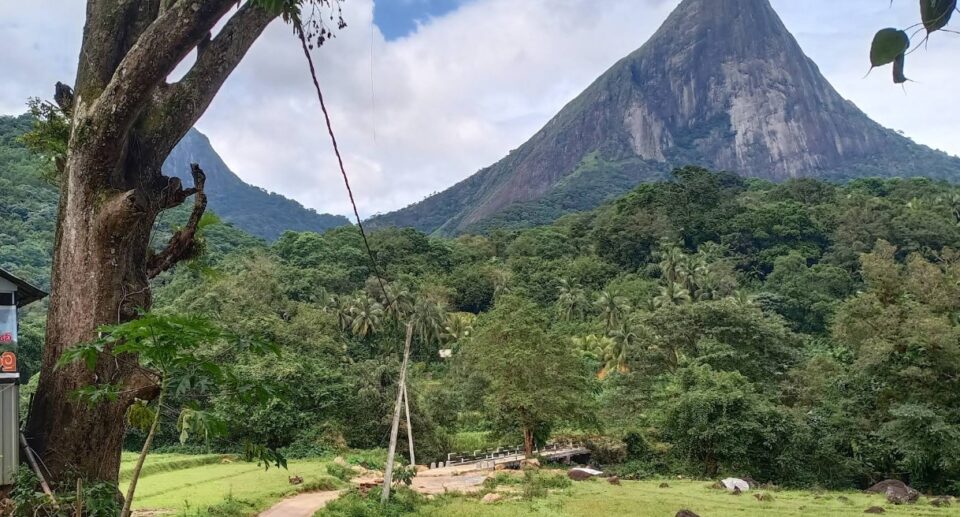
Con.aled deep within the mist-shrouded Knuckles Mountain Range, Meemure is an island of.one of. Sri Lanka’s. most. remote. and. unspoiled. villages. Surrounded by. dense. forests, rum.bling. water.falls. and. rough. mountain. ridges,. Meemure. offers. a. refuge. back. into. a. world. where. modern. technology. plays. little. role. and. nature. has. complete. control.
With no cell phone signals, little electricity, and a small community living in harmony with nature, Meemure is a vision of old Sri Lankan village life that has remained preserved through the centuries. For adventure lovers, solitude seekers, or those in need of cultural authenticity, Meemure is one of the country’s most unique destinations.
Location and Accessibility
Meemure is located in the Kandy District, which adjoins the Matale District, 150 kilometers away from Colombo and 65 kilometers away from Kandy. It lies within the Knuckles Mountain Range, a UNESCO World Heritage Site recognized for its beauty and wealth of biodiversity.
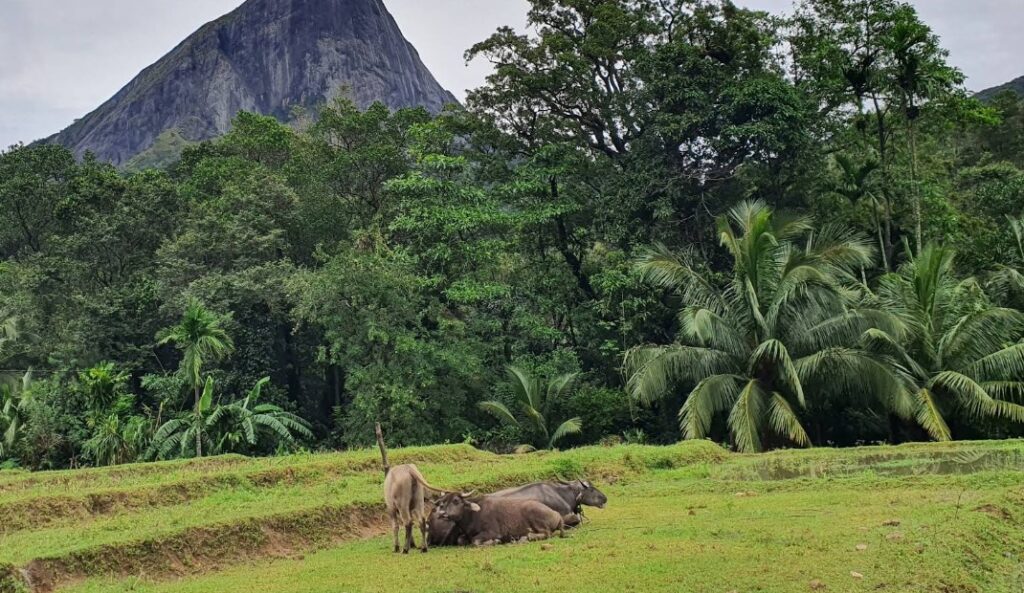
Getting to Meemure is an experience in itself. The final 14–16 kilometers of road from the village of Loolwatte to Meemure is a narrow, curved road, and much of it is covered only by 4WD. The road winds along through dense forests, streams, and hills with awe-inspiring scenery but requiring careful driving.
The People and Culture
Meemure is inhabited by about 400–500 individuals, most of whom belong to some large extended families. Meemure is renowned for its warm hospitality, tight-knit society, and strong traditions.
Sinhala is the predominant language of the villagers, and their religion is Buddhism. Theirs is a simple life with close affinity towards agriculture and nature. Rice, spices, vegetables, and herbs are grown naturally in land of terraces. Handicraft, harvesting of honey, and traditional medicine are also part of their economy.
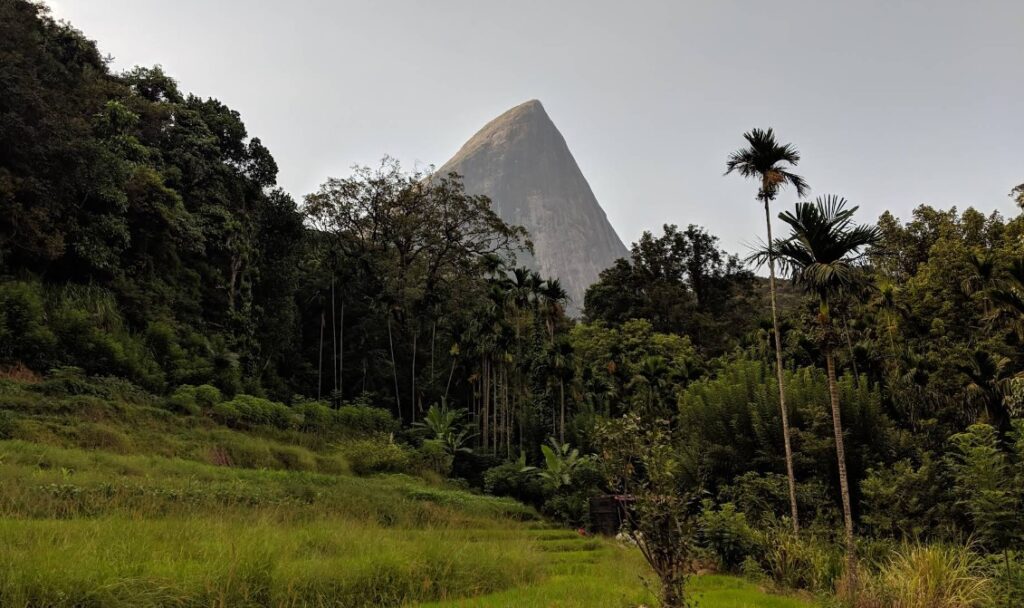
Most interesting, though, is how Meemure culture remains intact despite modernity. There are no supermarkets, ATMs, or commercial hotels. Most homes use natural materials like clay, stone, and wood. Traditions, festivals, and rituals maintain old rhythms, having been passed down through generations.
Natural Beauty and Attractions
Meemure is a paradise for nature lovers. With its pristine forests, hilltop scenery, and dancing streams, the area is a biodiversity hotspot and ecotourism destination.
One of the most recognizable and iconic symbols of Meemure, the Lakegala is a pyramid-shaped rock formation that looms large over the village. Legend says it is where King Ravana took off his “Dandu Monara” flying contraption. The mountain is considered holy by the locals and is frequented by seasoned climbers.
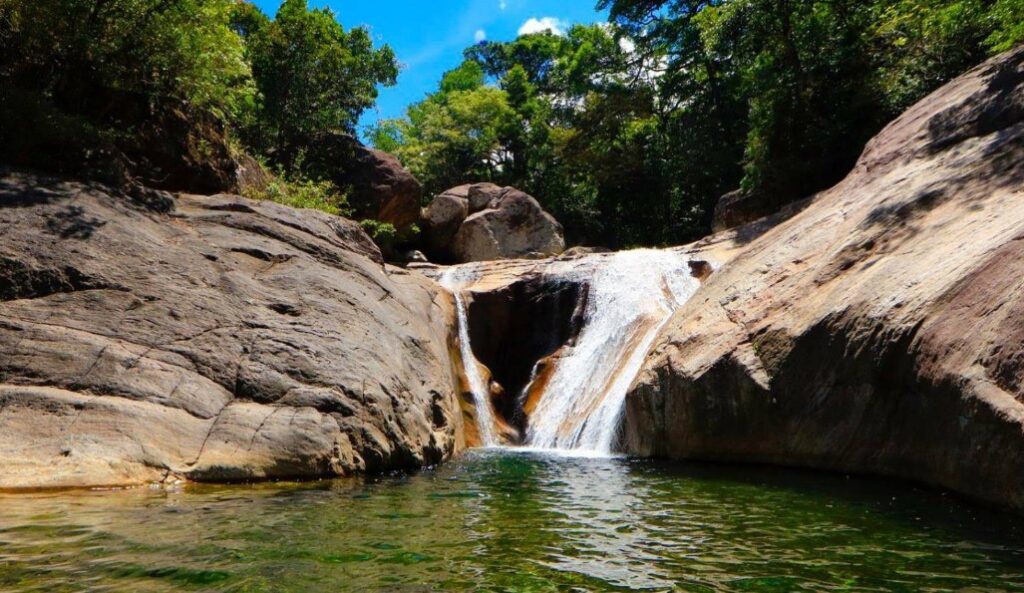
Waterfalls and Streams
Lakegala is surrounded by several waterfalls, including:
- Sooriya Arana Ella
- Narangamuwa Falls
- Doowili Ella
These waterfalls also offer refreshing pools to swim and lovely views to rest and take photos. The water from these streams is also used for daily purposes by the residents.
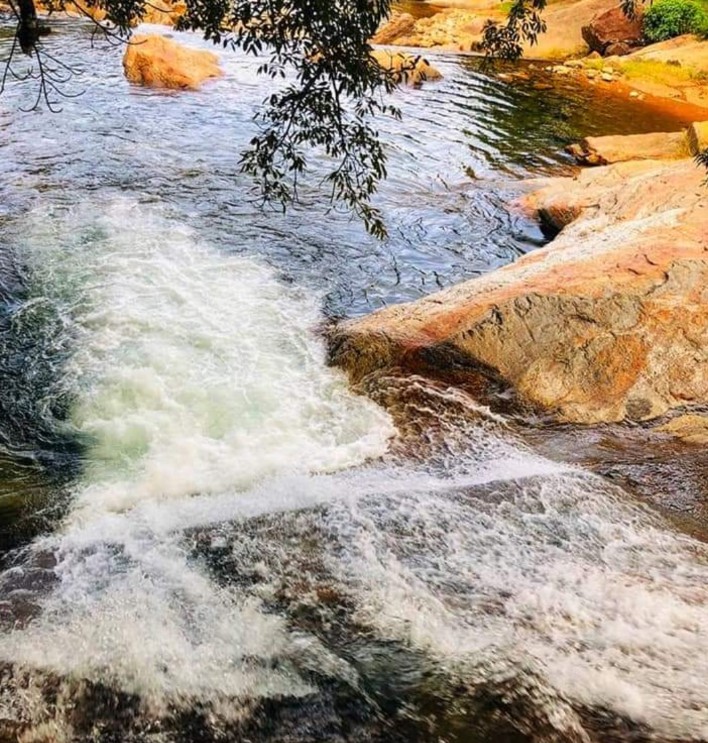
Knuckles Forest Reserve
Meemure lies within the Knuckles Conservation Forest, a biodiversity hotspot that harbors more than 100 species of birds, 15 amphibians, and a high diversity of flora. Trekking through this forest offers tourists the chance to spot endangered wildlife and great panoramic views.
Adventure Activities
While Meemure is quiet and serene, it’s also the hub of adventure:, Hiking & Trekking: Paths lead to Lakegala, Dumbara Range, and Knuckles peaks. Camping: Camp near waterfalls or paddy fields under starry skies. River bathing: Bathe in natural pools with clean water from the hills. Village tours: Learn village farming, cooking, and crafts with the villagers. Tour operators organize eco-tour trekking packages with guides, food, and camping gear.
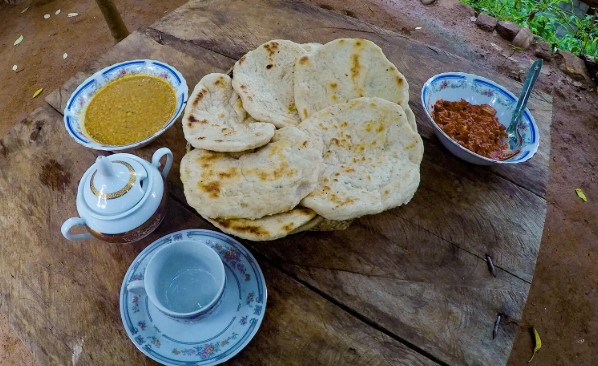
Accommodation and Food
There are no luxury hotels in Meemure, which is part of its charm. Instead, you’ll find: Homestays with local families, Eco-lodges and campgrounds Tented camping near streams Accommodation is simple but clean and comfortable, usually including home-cooked meals. Meals in Meemure are typically traditional:, Red or white rice, Dhal (lentils), pol sambol (coconut sambol), and various vegetable curries Locally foraged herbs and wild plants.
Sometimes fresh river fish or game meat, cooked over wood fires The diet is typically organic and made using traditional clay ovens and woodfires.
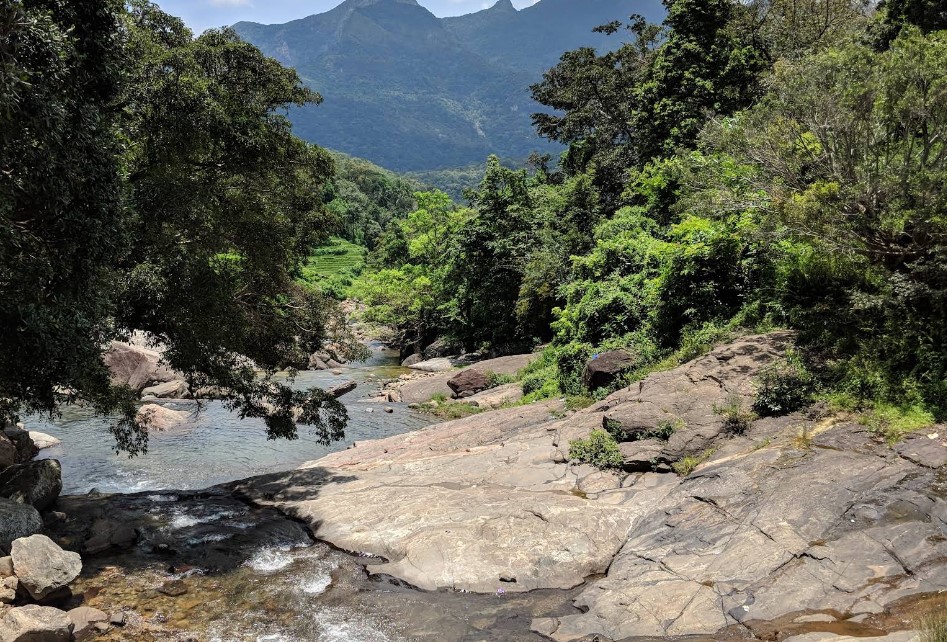
Sustainability and Rural Conservation
Meemure’s inaccessibility has helped conserve the natural and cultural assets in the region. The residents are highly conscious of conserving the forest and water resources they depend upon.
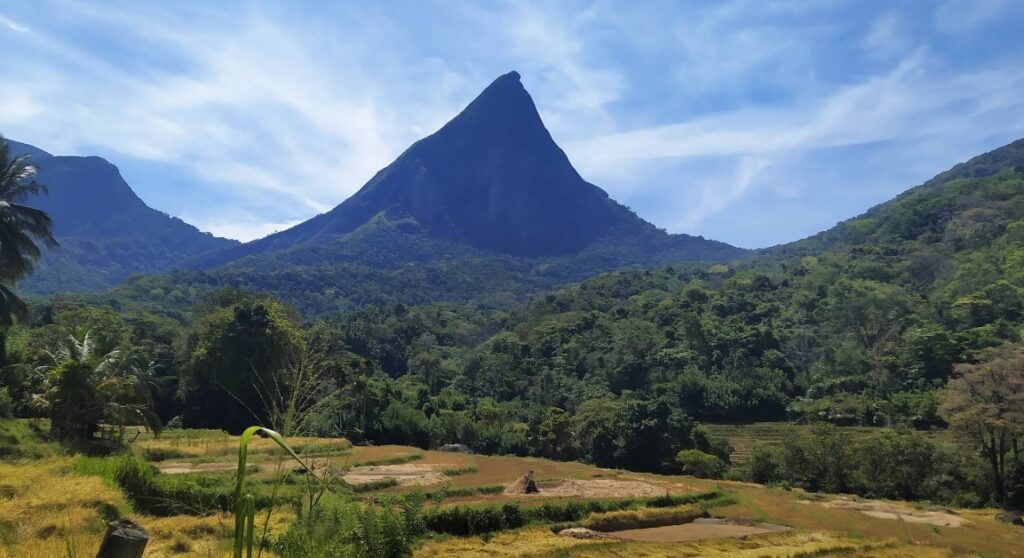
Initiatives to aid sustainable tourism:
Limiting visitor numbers
Abstaining from the use of plastic
Encouraging eco-friendly trekking and camping activities
Encouraging local guides and indigenous enterprise
Tourists are kindly asked to respect the environment and the traditions, for example modest clothing and low key behaviour close to temples and sacred sites.
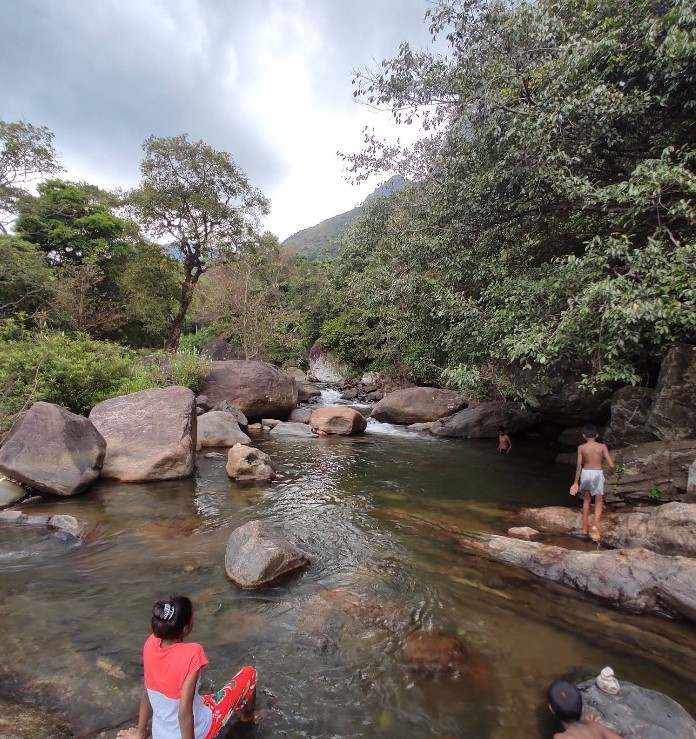
How to Get to Meemure
From Kandy:
- Take the Kandy–Mahiyanganaya road.
- Turn off at Hunnasgiriya, then head toward Loolwatte.
- From Loolwatte, continue about 16 km on a rugged, forested track (best with 4WD or jeep).
Travel time from Kandy: 3.5–4.5 hours
Public Transport (limited):
- Buses go only up to Loolwatte or Hunnasgiriya.
- From there, hire a tuk-tuk or jeep to reach Meemure.
Some travel groups also organize off-road tours or hiking treks from Kandy or Matale with experienced guides.
Best Time to Visit
The best time to visit Meemure is during the dry season:
March to September, when the trails are safe and waterfalls are accessible.
Avoid the heavy monsoon season (October to January) as roads may be slippery and trekking dangerous.
Travel Tips
- No cell service: Inform family/friends beforehand. Some homestays have limited signal or radios.
- No ATMs: Bring cash for food, tips, and purchases.
- Pack light but smart: Include hiking shoes, insect repellent, raincoats, and reusable water bottles.
- Respect nature: Don’t litter, damage plants, or disturb wildlife.
